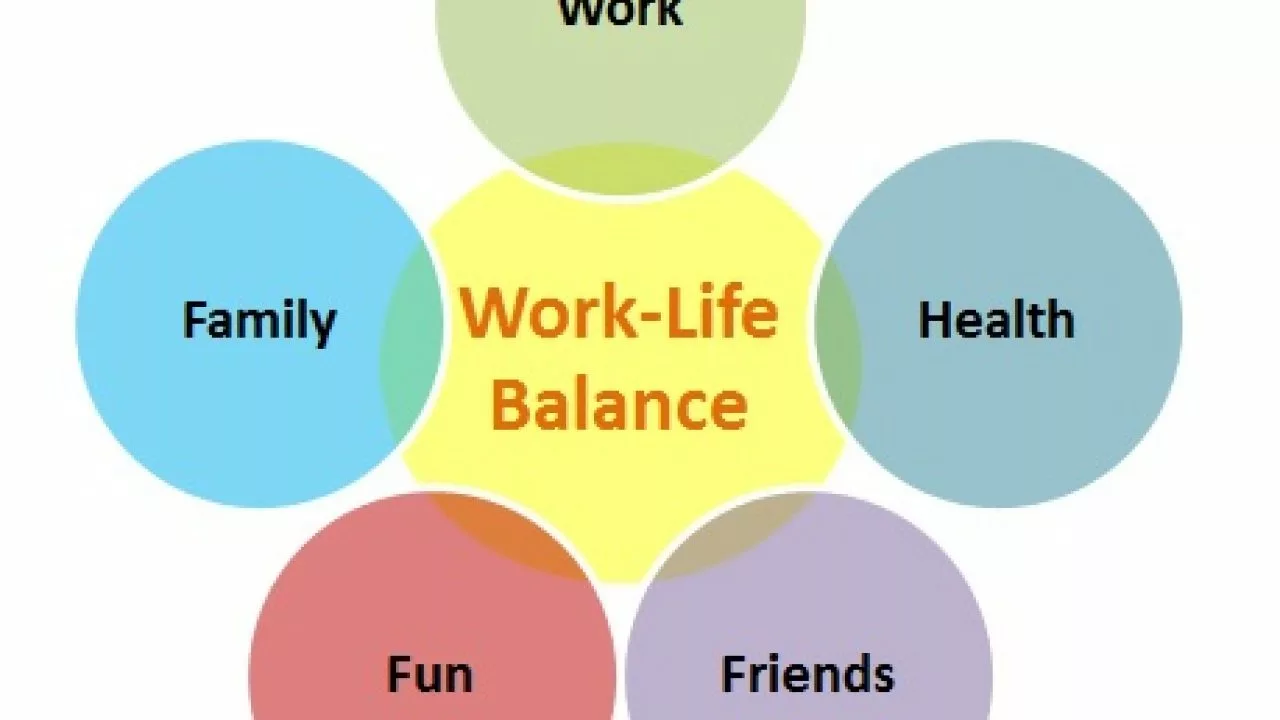Career stress: simple moves to feel better at work
Feeling overwhelmed at your job doesn't mean you're weak. It means your workload, deadlines, or environment are louder than your coping tools. Here are straightforward, proven actions you can use this week to cut stress and protect your energy.
What to do right now (three actions)
1) Pick two MITs (Most Important Tasks) for today. Do only those first. Stop adding new items until they're done. Small focus wins lower stress fast.
2) Use a 5-minute reset every 90 minutes. Stand up, stretch, walk to a window, or do box breathing: inhale 4 seconds, hold 4, exhale 4, pause 4 — repeat 4 times. It calms your nervous system without drugs.
3) Say no with a short script. Try: "I can’t take this on right now. I can finish X by Y, or I can help with a smaller part now." That protects time and keeps expectations real.
Change your day-to-day habits
Limit email checks to set blocks — for example, 9:30, 1:30, and 4:30. Constantly reacting to messages raises stress and wrecks deep work. Batch similar tasks: phone calls together, creative work when you're fresh, admin tasks in a single chunk.
Set a hard stop. Pick a time to stop work each day and stick to it for five days. If tasks spill over, write them in a “tomorrow list” and close your laptop. Your brain needs clear boundaries to unwind.
Move a little every day. Even a 15-minute walk reduces stress hormones and clears your head. Sleep matters more than you'd think — go to bed 30 minutes earlier for three nights and notice how decisions feel easier.
Talk to someone who can change your workload. Schedule a short meeting with your manager and come with two solutions, not just problems. For example: "If I drop project B, I can finish A on time," or "If I get one hour of protected work daily, I'll meet the deadline." Employers often respond well to concrete fixes.
If workplace culture is the issue, ask HR about flexible hours, reduced assignments, or an Employee Assistance Program (EAP). These programs often offer free counseling and short-term coaching.
Medication and therapy are reasonable options when stress becomes anxiety or starts affecting sleep and function. Beta-blockers like propranolol can help with performance anxiety; SSRIs or short courses of therapy help ongoing anxiety and depression. Talk to your doctor — don't self-prescribe.
Keep a stress log for one week: note triggers, time of day, what helped. Patterns show up quickly and give you clear targets for change. Use that log in your manager meeting or with a counselor.
You don’t have to overhaul your life overnight. Try one immediate action this afternoon, one habit change this week, and one conversation about workload next week. Small steps add up fast and keep career stress from taking over your life.

How to balance career stress and low libido for a healthier life
- 6 Comments
- May, 28 2023
In today's fast-paced world, balancing career stress and low libido can be quite challenging. To achieve a healthier life, it's important to find ways to manage stress effectively, such as practicing mindfulness, exercising regularly, and maintaining a healthy diet. Additionally, prioritize self-care and nurture your relationships to help boost your libido. Remember, communication plays a crucial role in understanding your partner's needs and ensuring a fulfilling intimate life. By taking these steps, we can build a more balanced and fulfilling life, both professionally and personally.




